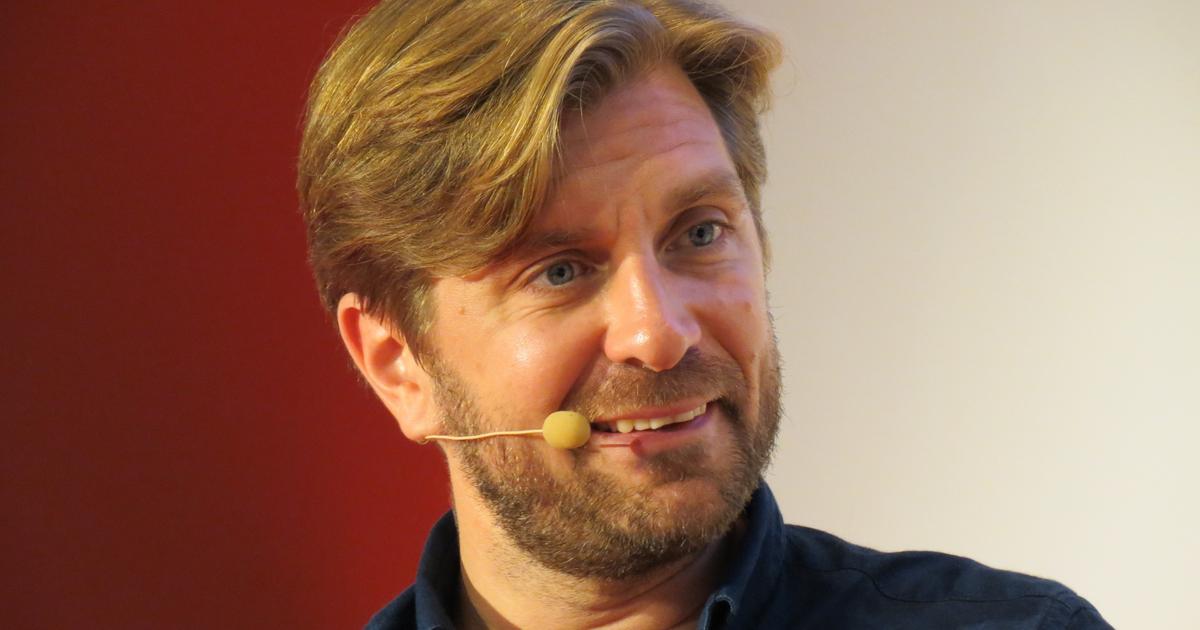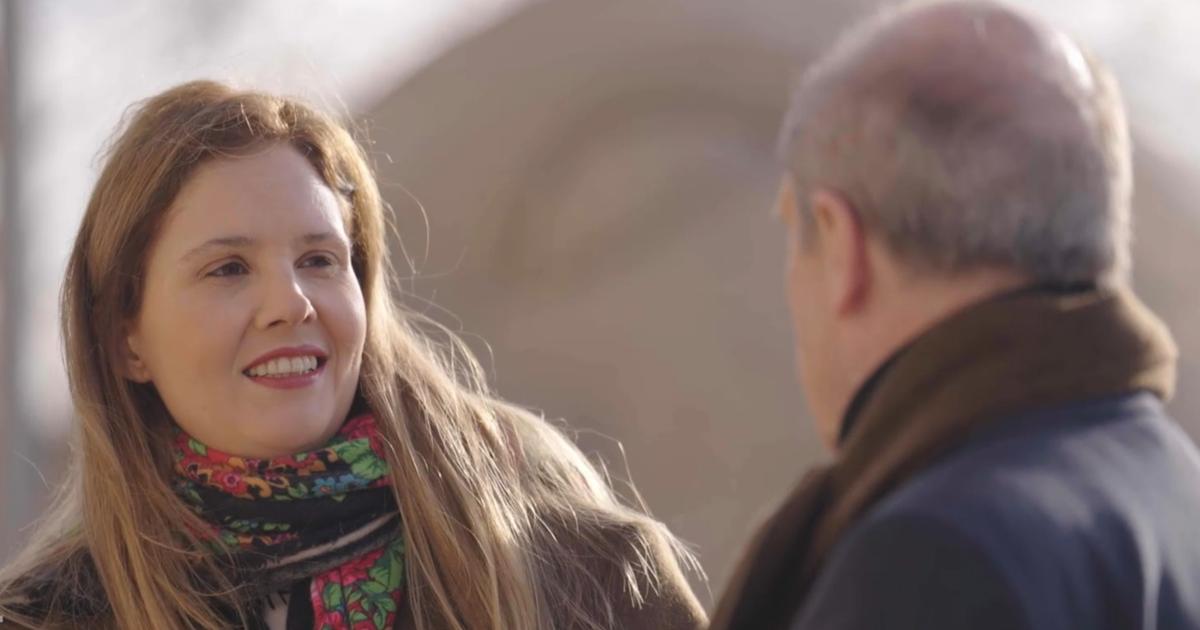Marguerite Frison-Roche is a cultural manager, a graduate of Sciences Po and the Academy of La Scala in Milan.
Filming unease is R. Östlund's specialty.
The scenes of embarrassment seem endless, forcing the viewer to watch people become entangled in their contradictions.
The filmmaker indeed presents characters in the role that society assigns them or the one in which they take pleasure, and suddenly lets the convictions, the class reflexes and the emotions buried in them arise.
This results in moral tensions and contradictory attitudes that each character tries to hide by resorting to bad faith, lies and hypocrisy.
In the back of the room, the viewer can often recognize his own cowardice.
To be as realistic as possible, R. Östlund is inspired by what he experienced:
“I do an introspection of my own morals, my own sense of ethics, my own behavior;
this is where art gets interesting in my opinion”
.
Certain themes are recurrent: romantic relationships put to the test of individualism, narcissism through the obsession with communication and appearance and finally the thirst for money at the origin of the great fights for equality. , ecology and art.
“I seek to challenge the moral and ethical compass that each of us possesses, to create the dilemma that can suddenly make us lose our bearings,”
confides the director.
In
Force Majeure
, a couple on a ski vacation signs their divorce when a harmless avalanche reveals that the frightened father would rather hide than protect his family.
Read alsoCannes Film Festival: our review of Without Filter, by Ruben Östlund
The Square
- the director's first Palme d'Or - depicts the team of a contemporary art museum who cynically uses a violent video to promote an exhibition on benevolence and thus increase the visibility of the establishment.
Sans Filtre
- second palme d'or - presents a captain of a luxury yacht who advocates Marxism or even a casting director who defends a fashion based on interiority while choosing models according to their physique.
The static shots, present in all of R. Östlund's films, make it possible to concentrate on the dialogues or on the parasitic noises.
However, the music may spurt out briefly to turn the awkwardness into tension.
Marguerite Frison-Roche
First director of films of ski competitions - which determined his working method - R. Östlund studied cinema in Sweden, in the school competing with that of the heirs of Bergman.
He forges his style: a harsh light on a situation without giving in to voyeurism.
Embarrassed, the spectator cannot look away to escape an increasingly disturbing situation, without becoming unbearable in spite of everything.
The scene arouses all the more discomfort when a first witness, often from a working-class background, attends it by chance or is forced by the need to earn his bread;
the situation then seems futile or suddenly shocking, without removing the viewer's discomfort.
From one film to another, homeless people, waiters or cleaners witness the most disturbing episodes of the plot.
To render such situations, the image is then more effective than the words or the music.
R. Östlund thus uses the sequence shot - no editing, cutting shot, fade or reverse shot - which accentuates the realism of the sequence by giving the viewer the impression of being a direct witness of the scene.
This is the case in
Play
- one of his first feature films inspired by a news item in Gothenburg - which depicts a group of Scandinavian children extorted by teenagers from immigrant backgrounds.
The sequence of the aggression in the tram is then filmed in a fixed shot, as if the spectator were in the train.
At first embarrassed, he is finally subjected to an unbearable tension because he cannot intervene.
These static shots, present in all his films, make it possible to concentrate on the dialogues or on the parasitic noises: infant crying, keyboard noise, friction of windshield wipers.
However, the music may spurt out briefly to turn the awkwardness into tension.
Comical situations provoke cathartic laughter while inviting reflection: this is a fine illustration of Horace's “pleasing and instructing”.
The artists show the universal traits in the singularity of an era.
Marguerite Frison-Roche
The latter reaches its climax during a scene that appears to be the filmmaker's signature in these four films.
It's a kind of short film that sums up the problem of the film in itself.
In
Play
, this is when the racketeers themselves are assaulted;
in
Force majeure
it is the moment when skiers return to the terrace, ashamed of having been afraid of a harmless avalanche;
in
Sans Filtre
it is the moment when passengers on a luxury cruise get seasick during a gourmet dinner;
in
The Square
it is the moment when an artist performs by taking himself for a monkey and then attacks several guests under the shocked eyes of the guests unable to discern the border which separates the work from reality.
Read alsoOur review of Without filter: La Grande Bouffe, in a nautical version
The left-wing press despises his cynicism, the right-wing press does not like his Marxist overtones: R. Östlund upsets everyone.
He highlights all the contradictions without falling into militant cinema, unlike his French counterparts who cannot help giving lessons.
The reversals of authority or values are above all comic springs: the director of a museum who is forced to lean on one of his underlings to recover his portfolio in a suburb, millionaires who submit to the authority of a lady peeing to survive on an island, a post #metoo man who rejects gendered propriety when it comes to paying the bill but opens the door to his companion in an age-old reflex of gallantry.
So many comical situations that provoke cathartic laughter while inviting reflection: here is a beautiful illustration of Horace's “pleasing and instructing”.
Artists show the universal traits in the singularity of an era and Molière was not mistaken when he attributed these words to Don Juan:
“hypocrisy is a fashionable vice,
[...]
It is an art from which imposture is always respected;
and, although we discover it, we dare not say anything against it
.
R. Östlund was able to grasp the hypocrisies of his time and stage them;
it is the key to his masterpieces.


/cloudfront-eu-central-1.images.arcpublishing.com/prisa/P745MWQBCNBN7AWD6U4PGHDA4I.jpg)











